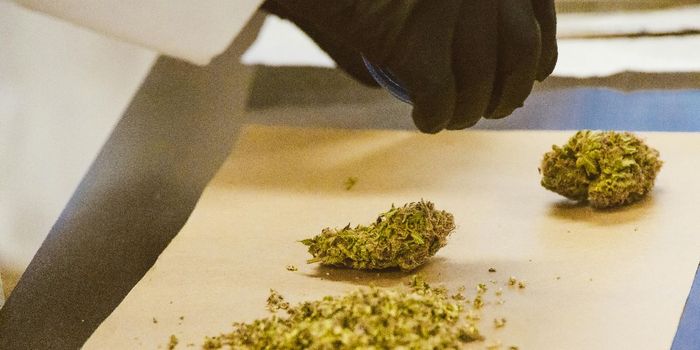Cannabis Impairs Response Time in Daily Users
Smoking cannabis is linked to slower reaction time and reduced memory in occasional users, and slower response time among daily users in driving-related models. The corresponding study was published in the Journal of Cannabis Research.
A systematic review found that acute cannabis consumption almost doubles the risk of motor vehicle collision resulting in serious injury or death. Objective assessments to identify impairment from cannabis are thus critically needed.
Blood tetrahydrocannabinol (THC) levels are poorly correlated with impairment, as frequent users may acquire tolerance to some impairing effects. Emerging research is thus examining the use of tablet or cellphone-based applications to assess cognitive and psychomotor performance linked to acute cannabis use.
For the current study, researchers investigated the utility of tablet-based cognitive and psychomotor tests to discern changes in performance linked to acute cannabis use among occasional and daily users. To do so, they recruited 32 participants aged 25 - 45 years old. Among them, 23 used cannabis occasionally, 31 daily, and 32 reported no current use.
For the study, the cannabis-using participants completed a tablet-based test battery assessing their reaction time, decision-making, and short-term memory before smoking or vaping self-supplied cannabis flower ad libitum and around 60 minutes afterward. The cannabis contained a high concentration of THC, totaling 15-30%. Non-users completed the cognitive tests without smoking cannabis.
Ultimately, the researchers found that the occasional use group experienced slower reaction time and reduced short-term memory from before to after cannabis use, compared to the non-use group. Meanwhile, daily users of cannabis took longer to complete a gap acceptance task, although their accuracy did not significantly change. Gap acceptance was assessed by pressing 'start' and 'stop' buttons to move a small box across the screen as quickly as possible without hitting a series of lines moving vertically across the box’s path.
The researchers noted that their findings are consistent with acquired tolerance to certain acute psychomotor effects from daily cannabis use, and that the findings from the gap acceptance task might indicate that daily users prioritize accuracy over response time. They concluded that psychological and cognitive tests, such as those used in the study, hold promise for objectively measuring cannabis impairment.
They nevertheless noted that their study has some limitations. For example, they wrote that their inability to randomly assign participants into daily, occasional, and no current-use groups limits causal inferences. They further noted that more pronounced effects of cannabis may have occurred within the first hour of smoking, and that these effects would have thus been missed. Lastly, they wrote that as participants were being observed, they may have tried to perform well, which may have reduced differences between pre and post-cannabis performance.
Sources: Journal of Cannabis Research









